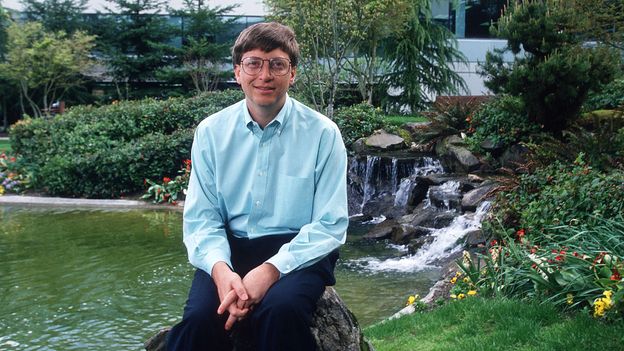Digital Prophet: How Bill Gates Predicted the Internet Revolution 25 Years Ago

In the early days of personal computing, two visionary friends, Bill Gates and Paul Allen, embarked on a journey that would revolutionize the technological landscape. Fifty years ago, they founded Microsoft, a company that would become a computing powerhouse and reshape how the world interacts with technology.
In a fascinating 1993 interview with the BBC, Paul Allen offered a glimpse into the future, discussing the online innovations that would come to define the 21st century. His prescient insights revealed a world where digital connectivity would transform communication, business, and everyday life.
The partnership between Gates and Allen was more than just a business collaboration; it was a shared passion for technology and its potential to change the world. From their humble beginnings in a small garage to creating a global software empire, their story is a testament to innovation, vision, and entrepreneurial spirit.
Their groundbreaking work laid the foundation for personal computing as we know it today, introducing software solutions that would become integral to how people work, communicate, and interact with technology. Microsoft's impact on the digital revolution cannot be overstated, making Gates and Allen true pioneers of the modern technological era.
